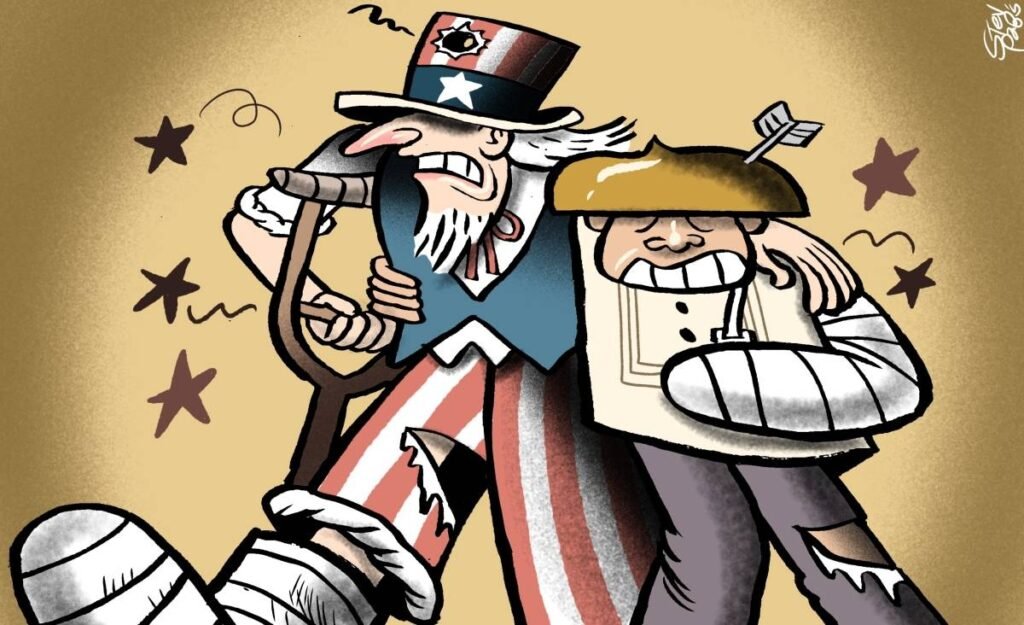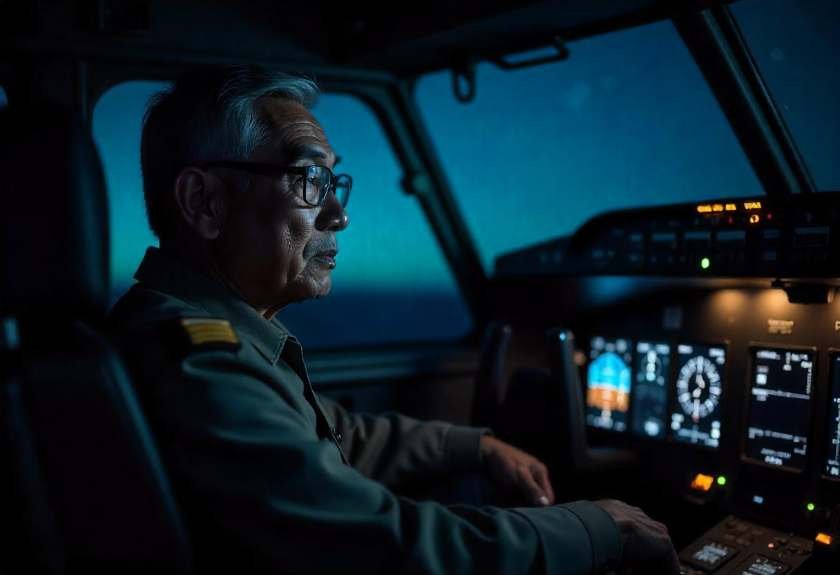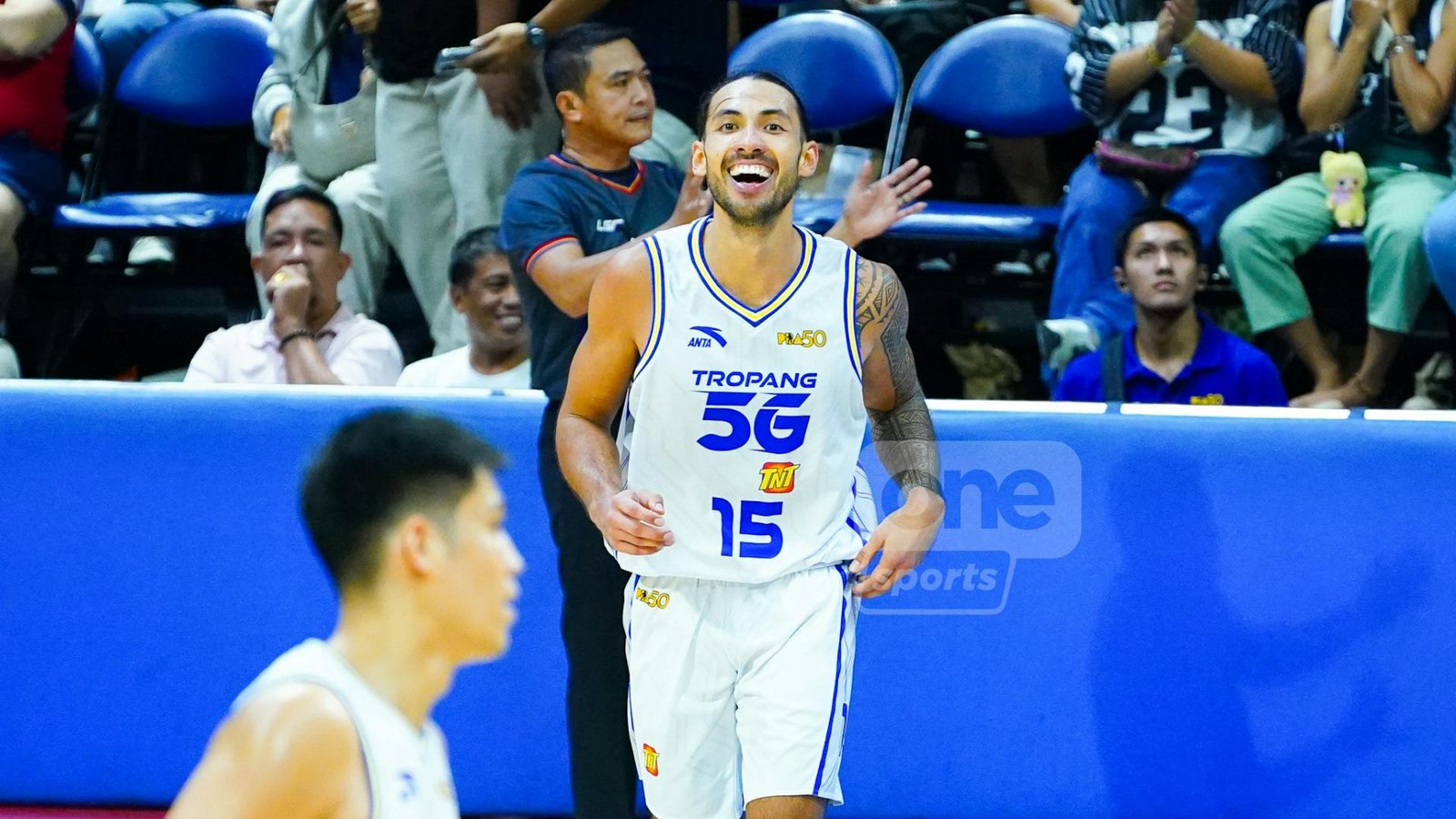WE commemorated Philippine-American Friendship Day on July 4. The occasion made me reflect on our bilateral relations, a complex tapestry woven from colonial history, strategic alliance, cultural affinity and periodic tensions. Once a United States colony, the Philippines retains deep American influences in areas such as governance, education and military affairs. As treaty allies, both nations share defense commitments amid rising regional threats.
Yet, the relationship is often tested by their inequality or asymmetry, e.g., American power versus Filipino sovereignty; past grievances resurface amid shifting global dynamics. Despite those, people-to-people ties remain strong, sustained by migration, shared values and mutual admiration. Ultimately, their bond is enduring but fraught: rooted in history, shaped by geopolitics, and constantly evolving in pursuit of mutual respect and strategic balance.
And despite their cultural and geopolitical differences, both countries are bound by shared values of democracy, freedom and Christianity. Both nations proclaim to uphold liberty, justice and the dignity of the human person. Yet, when one examines the lived reality — how morality, religion, justice, wealth and humaneness are actually practiced — distinct similarities and stark contrasts emerge, offering both insight and caution.
At the core of each nation’s character lies their respective moral and ethical foundations. In the Philippines, morality is largely shaped by Catholic doctrine, precolonial communal values and centuries of colonial influence. Ethical behavior is relational, anchored in “hiya” or shame, “pakikisama” or cooperation, and “utang na loob” or debt of gratitude. These traits promote harmony, but can also breed compromise, conformity and silence in the face of wrongdoing.
In contrast, American ethics are rooted in Protestant individualism, Enlightenment ideals, and a legalistic understanding of right and wrong. The American moral compass emphasizes personal liberty, individual rights and autonomy. While this fosters innovation and open dissent, it can also lead to moral relativism and a transactional view of human relationships.
Get the latest news
delivered to your inbox
Sign up for The Manila Times newsletters
Both societies profess high ethical standards, yet hypocrisy often undermines moral credibility: corruption, dishonesty and moral inconsistency flourish in both, albeit in different forms. In both nations, there is a marked divergence between the teachings of Christ — especially on humility, justice and mercy — and the way religious identity is wielded in the public square.
When it comes to applied Christianity, both countries remain among the most overtly religious in the world, yet religion functions differently in each. Here in the Philippines, Christianity — mainly Roman Catholicism — is deeply ingrained in everyday life, from street festivals to family gatherings. It colors politics, traditions and national identity. Churches and clergy often serve as moral anchors and civic actors. However, while faith is professed fervently, corruption, patronage politics and tolerance for abuse continue to plague Filipino society.
Over in the US, Christianity has been increasingly polarized. Evangelical Protestantism, once a moral force for civil rights and social change, has, in recent years, aligned with partisan politics, often emphasizing culture-war issues. While the US Constitution mandates the separation of Church and State, religious influence persists strongly in politics at the expense of compassion, justice, empathy and inclusion.
While the divide between rich and poor is glaring in both countries, wealth disparity is more embedded and evident in ours. Over here, the concentration of political power (dynasties) and wealth among a few families mirrors feudal power structures. Opportunities are often reserved for those with connections or privilege. The “padrino” system still dictates access to jobs, justice and advancement. In America, wealth inequality is also severe, with the top 1 percent amassing enormous fortunes while the working class struggles with stagnant wages and rising costs.
Yet the illusion of upward mobility — the so-called American Dream — continues to mask the true extent of the divide. Whereas Filipinos admire and resent the rich in equal measure, Americans, on the other hand, tend to equate wealth with virtue, and poverty with personal failure. In both cases, the poor are marginalized, and the systems that allow such disparities to grow are seldom reformed in meaningful ways.
Justice, too, presents a troubling contrast between ideal and reality. In the Philippines, the justice system is slow, underfunded and prone to manipulation. Legal processes can drag on for years, and justice is often inaccessible to the poor and powerless. The defective criminal justice system fosters a disturbing tolerance for state violence and impunity.
In the US, while the judicial system appears to be more robust and procedurally developed, systemic racism, economic inequality and political polarization often compromise fairness. Police brutality and mass incarceration disproportionately affect minorities, the poor and even legal immigrants. Both countries, in different ways, allow the powerful to bend the law and escape accountability, while the marginalized suffer under its weight.
Despite these failings, both countries show differing approaches to humaneness and compassion in society. In our case, the “bayanihan” spirit of communal solidarity often rises to the occasion during crises. Natural disasters are met with volunteerism, shared sacrifice and spontaneous acts of kindness. The warmth of Filipino society, rich and poor, reveals a deeply humane and relational culture that often outshines their governing institutions.
In deeply divided America, it often struggles with human connection and empathy. Its systems work well for the insured, the documented and the affluent, but leave the vulnerable behind, especially in health care, education and housing. Compassion leans to the conditional, filtered through bureaucracy, ideology or identity politics. It’s more extreme now, rendering America indistinguishable today from what its past fought for.
What’s the bottom line? The Philippines and the US share a common struggle: the gap between what they claim to value and what they actually practice. Both nations suffer from selective morality, politicized religion, deep inequality, uneven justice and a crisis of human dignity. But they also offer lessons to each other.
The US could learn from our resilience, compassion and community spirit. We, in turn, could benefit from their institutional discipline, civic activism and legal protections, when these function properly. Granted, neither country has a monopoly on virtue or vice. What matters is whether Filipinos and Americans, leaders and citizens alike, have the courage to close the gap between ideals and actions.
That’s where true moral leadership begins.
Rafael M. Alunan III is a member of the Philippine Council for Foreign Relations, the Management Association of the Philippines, and the Harvard Kennedy Alumni Association of the Philippines.












